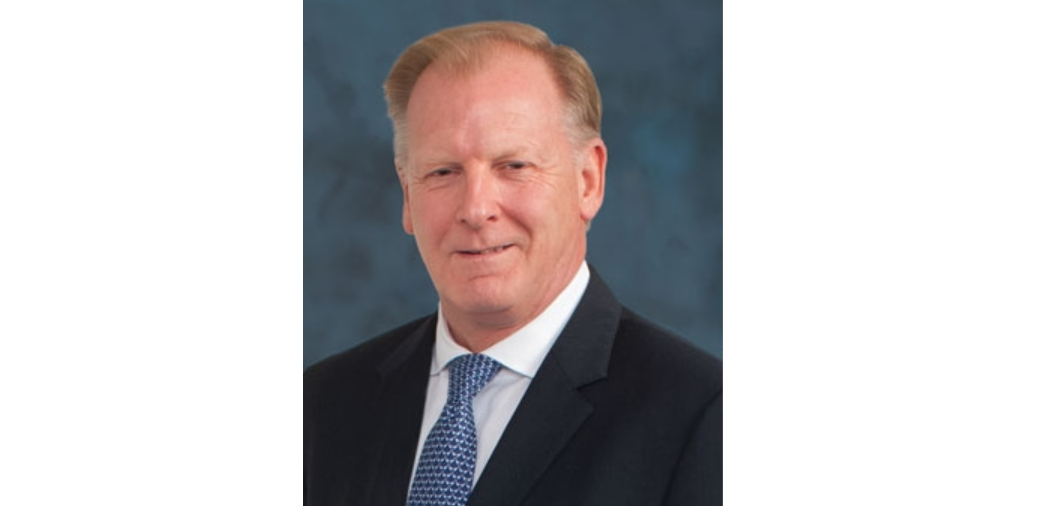
Credit: Lockheed Martin
Lockheed Martin surprised stakeholders late Aug. 3 when it announced the sudden departure of its chief financial officer (CFO), the second in almost as many years, as well as lower earnings per share (EPS) guidance for the year, albeit due to a one-time financial transaction. More information may...
Subscription Required
This content requires a subscription to one of the Aviation Week Intelligence Network (AWIN) bundles.
Schedule a demo today to find out how you can access this content and similar content related to your area of the global aviation industry.
Already an AWIN subscriber? Login
Did you know? Aviation Week has won top honors multiple times in the Jesse H. Neal National Business Journalism Awards, the business-to-business media equivalent of the Pulitzer Prizes.
